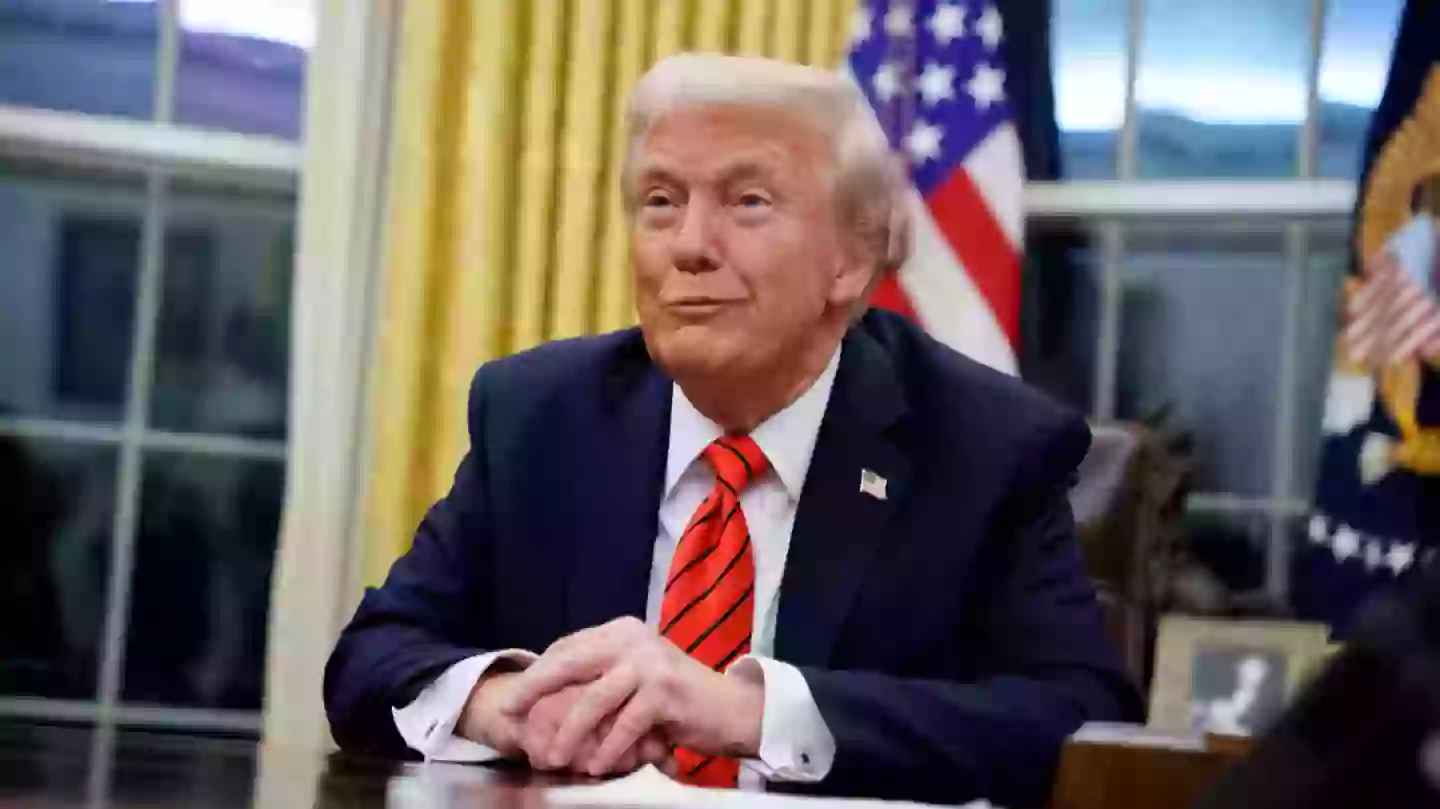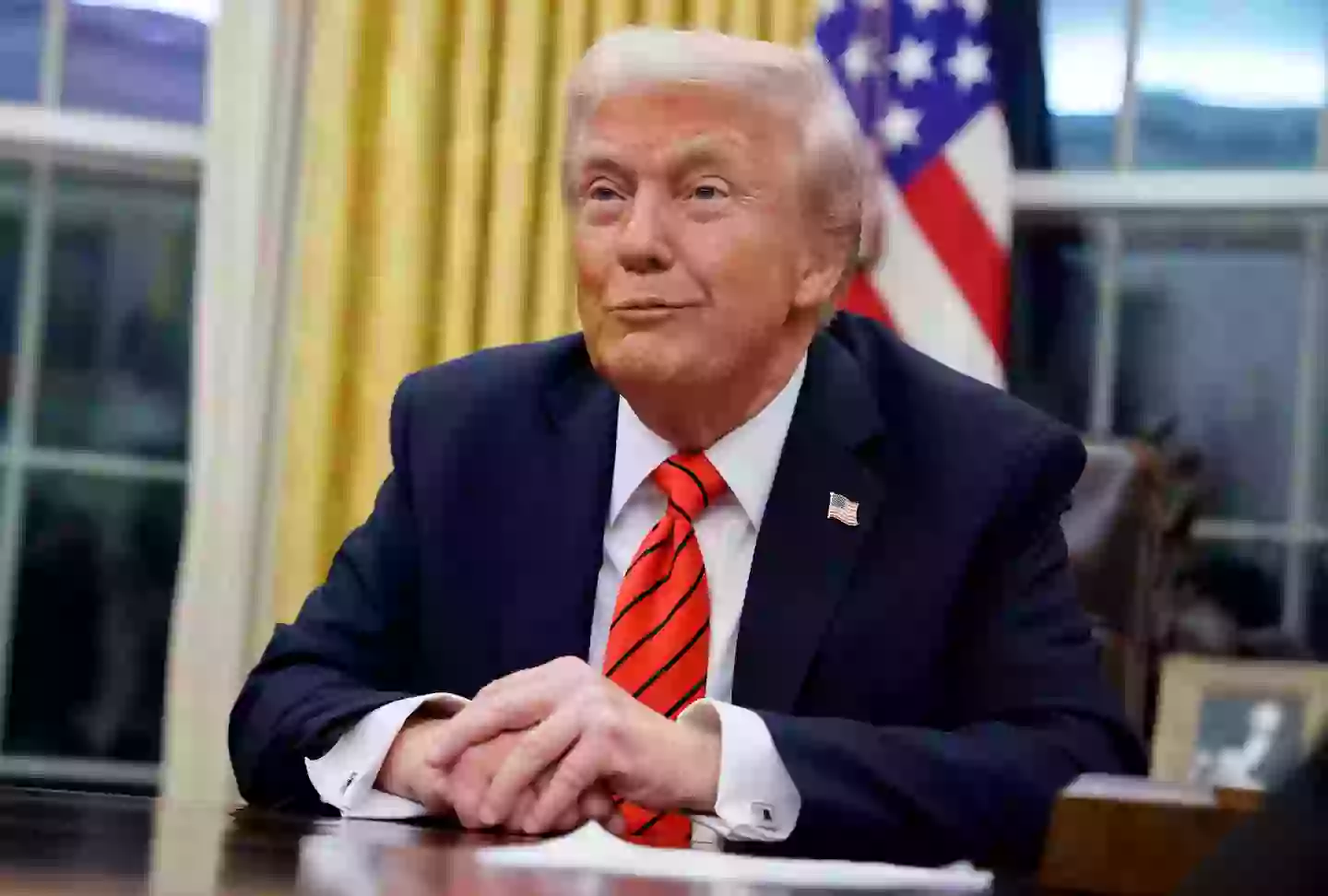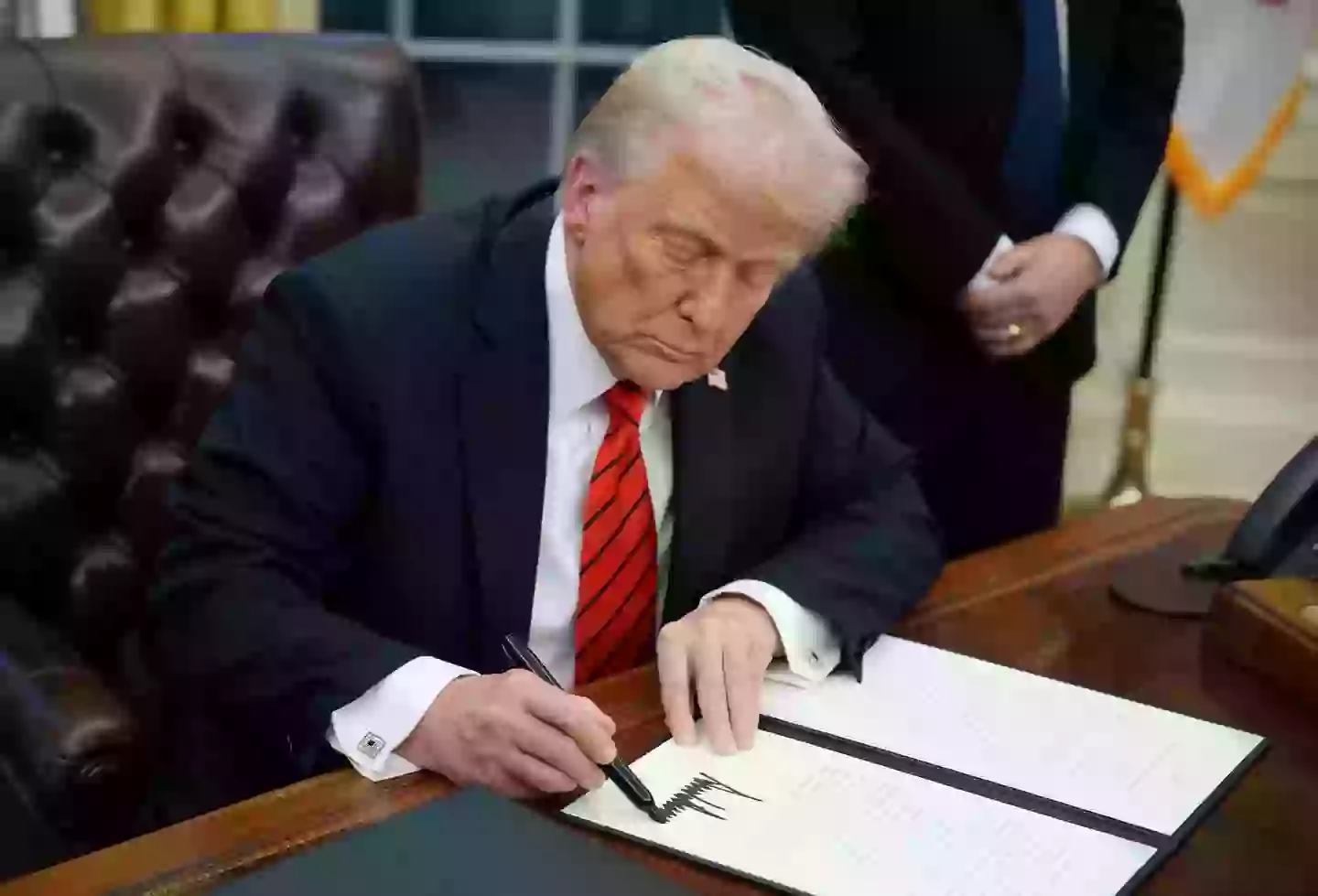
Multiple of Donald Trump's executive orders have been challenged and temporarily halted as a result of them potentially not complying with an Act established in 1946.
After being sworn in as the 47th President of the United States, Donald Trump wasted no time signing off on multiple executive orders - over 50 in around two weeks.
However, that's not to say all have gone on to be easily achieved, with one in particular persistently blocked all thanks to the Administrative Procedure Act.
What happens before the Administrative Procedure Act?
Well, before a president even enters office, they typically have an agenda that they've been pushing to help them achieve the votes - an agenda which they may ultimately continue to rally behind once they've been sworn in.
Advert
Now, some laws go through Congress to become policies, however, some presidents will choose to sign off on executive actions which don't have to go through Congress in a bid to turn them into law.
Executive actions involve setting a policy and then designating the policy to certain specific federal agencies - also known as executive agencies - to enact it.
However, everything executive agencies do must follow the Administrative Procedure Act, which ultimately means if an executive order doesn't comply with the Act, it can't simply pass through and become a law - unlucky Trump.
But what it the Administrative Procedure Act exactly?
Advert

What is the Administrative Procedure Act?
The Administrative Procedure Act is a federal statute signed off in 1946 which requires all administrative agencies - i.e. organizations that are part of the US federal government - 'to satisfy procedural requirements (referred to as notice-and-comment rule-making) in developing and issuing regulations,' Thomson Reuters explains.
Under the act, an administrative agency must 'publish a general notice of proposed rule-making in the Federal Register' and 'allow interested parties to be involved in the rule-making process by submitting written data, views, or arguments'.
Advert
It must include a 'general statement of the regulations basis and purpose,' which help 'provide the public [with] a chance to participate in the rule-making process' alongside helping 'an agency educate itself before promulgating regulations and procedures that have a substantial effect on the regulated community'.
If there's a question of whether the act has been followed within an executive order, the order can be challenged and taken to court and temporarily halted in the process.

How does this affect Trump’s executive orders?
Basically, it means Trump doesn't simply have free reign to just sign off on any executive order he wants and it gets enacted as a law.
Advert
If any of Trump's orders are found to go against the Act or someone challenging an order can convince a judge its 'arbitrary and capricious', then the order can be prevented from being put into action.
Multiple of Trump's orders have been temporarily blocked by various courts, meaning the action cannot be enforced at least for now until a federal court has determined whether or not it can lawfully go ahead.
And even if a court did decide against one of the executive orders, this decision can also be appealed and taken to the Supreme Court, which has the ultimate say.
So, which of Trump's orders are potentially hanging in the balance?
Advert

Trump’s blocked orders so far
Elon Musk's Department of Government Efficiency (DOGE) is not yet allowed access to sensitive federal government payments, as a legal challenge was filed by union members and others, and a federal judge later agreed to place a temporary block on it.
Another suit was filed by other union members, but a judge denied issuing a temporary restraining order and nineteen states filed a similar suit arguing it's unconstitutional for Musk to access personal data too.
And that's not all:
- Trump's attempt to strip down the US Agency for International Development to a few hundred workers by placing them on leave - a Washington district judge issued 'very limited' temporary restraining order.
- Requiring agencies to work with DOGE and cut down federal workforce, administration offering to pay workers if they agree to resign - Labor unions for federal workers argued the offer was illegal and the date for workers to agree or disagree was later delayed by a federal judge in Boston.
- 'Protecting the Meaning and Value of American Citizenship' order - this was met with a number of lawsuits and later seeing Maryland and Washington federal judges issue nationwide preliminary injunctions, one since appealed by Trump.
- Funding freeze for federal aid and programs such as the diversity, equity and inclusion (DEI) - federal judges in Washington and Rhode Island have signed off on temporary restraining orders.
- Transgender inmates - Four transgender women prisoners filed two lawsuits and two judges blocked the prisoners from being removed from their prisons and transferred to male prisons.
Topics: Donald Trump, Politics, US News